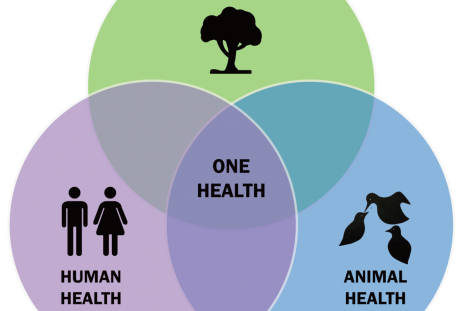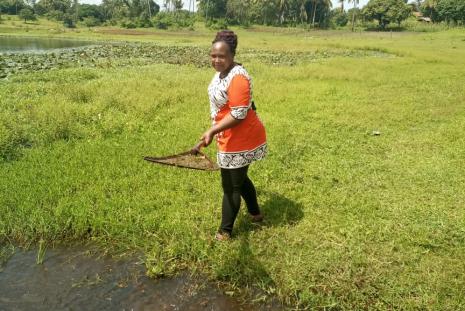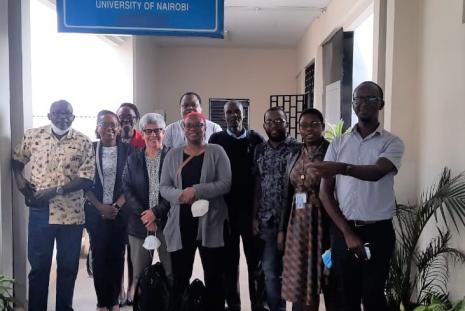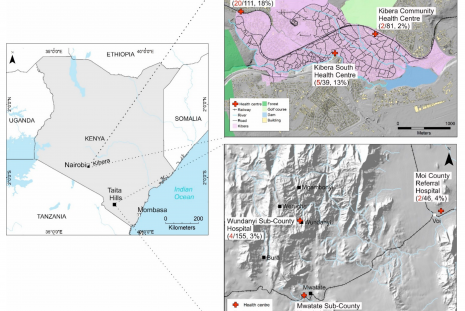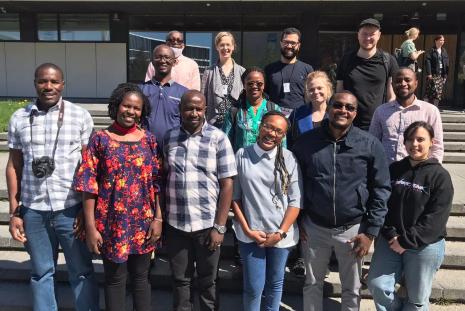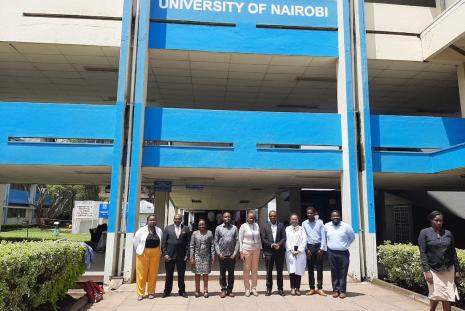The Lancet recently published an article authored by Dr. Athman Mwatondo and his team titled "A global analysis of One Health Networks and the proliferation of One Health collaborations." The study, led by Dr. Mwatondo, a doctoral researcher in the department of Medical Microbiology and Immunology at the University of Nairobi, aimed to understand the current state of One Health networks and collaborations worldwide and to identify opportunities for future growth and improvement.
One Health is an approach to health care that recognizes the interconnectedness of human, animal, and environmental health. It is a collaborative approach that brings together multiple sectors and disciplines to address complex health issues.
The study found that there are currently over 400 One Health networks and collaborations worldwide, with the majority located in high-income countries. The majority of these networks focus on the intersection of human and animal health, with a smaller proportion focusing on the intersection of human and environmental health.
The study also found that One Health networks and collaborations are mostly led by government and academic institutions, with a smaller proportion led by non-governmental organizations and the private sector. Additionally, the study found that One Health networks and collaborations tend to be focused on specific disease areas, such as zoonotic diseases, and often have a regional or national focus.
Dr. Mwatondo and his team argue that the proliferation of One Health networks and collaborations is a positive development, as it demonstrates a growing recognition of the importance of a One Health approach to addressing complex health issues. However, they also note that there are opportunities for improvement and growth, particularly in terms of increasing representation and participation from low- and middle-income countries and expanding the focus to include the intersection of human, animal, and environmental health.
The study highlights the importance of One Health approach in addressing complex health issues and the need for more collaboration and representation across sectors and disciplines. It also emphasizes the need for more focus on the intersection of human, animal, and environmental health and greater participation from low- and middle-income countries in One Health networks and collaborations.
In conclusion, the study published by The Lancet and authored by Dr. Athman Mwatondo and his team provides a comprehensive overview of the current state of One Health networks and collaborations worldwide, and it highlights the opportunities for growth and improvement in terms of increasing representation and participation from low- and middle-income countries and expanding the focus to include the intersection of human, animal, and environmental health. This study is a call to action for all sectors and disciplines to work together in a One Health approach to improve the health of all living beings and the environment. To read the full article click here

